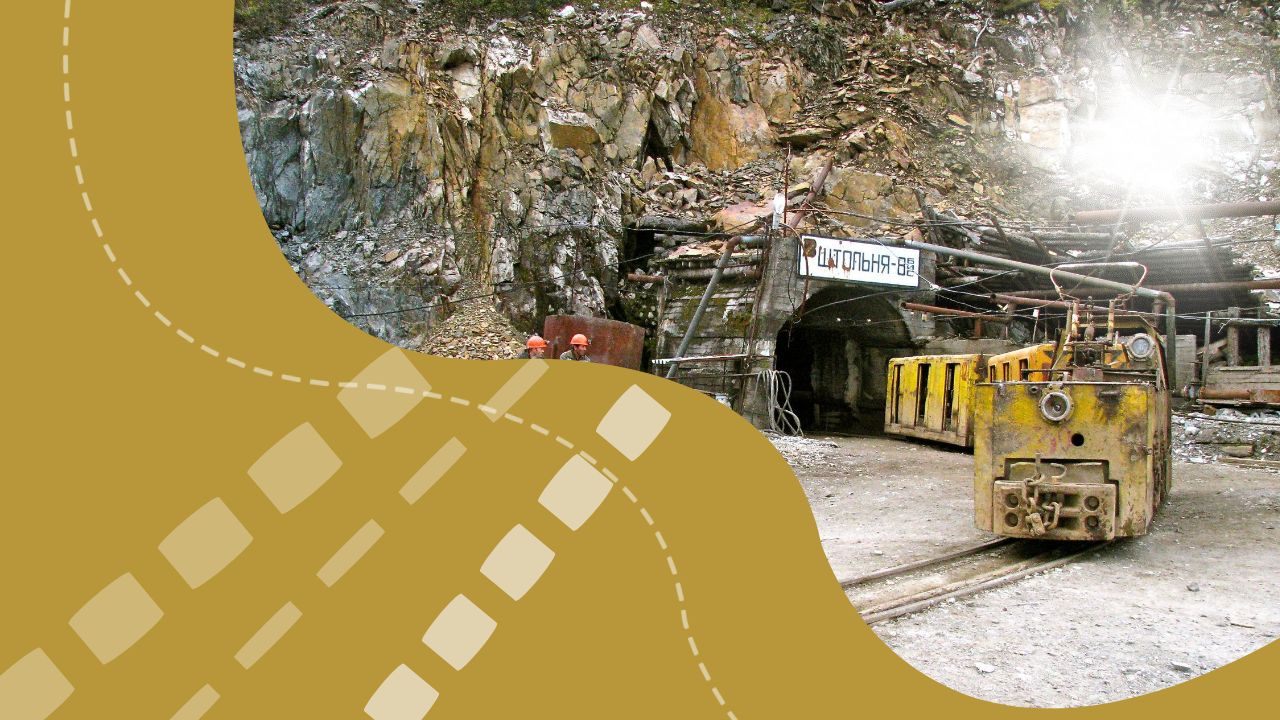A paper prepared for EU leaders has raised concerns about the potential dependency of the European Union on China for lithium-ion batteries and fuel cells by 2030, similar to its past dependence on Russia for energy prior to the conflict in Ukraine This issue will be a focal point of discussions on Europe's economic security during the EU leaders' meeting in Granada, Spain, on October 5th
Given China's increasing assertiveness and economic influence on the global stage, the leaders will evaluate the European Commission's proposals to mitigate the risk of excessive reliance on China and explore diversification opportunities towards Africa and Latin America

